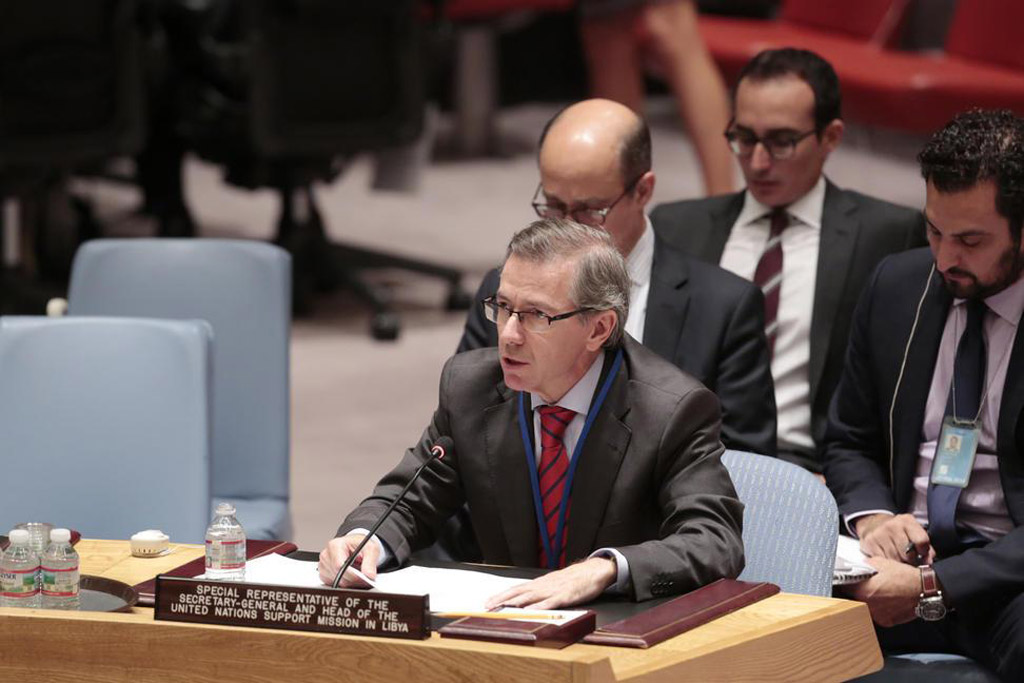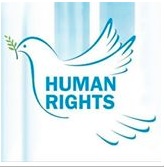By Libya Herald staff.

Tripoli, 16 September 2014:
The Head of the UN Support Mission in Libya (UNMSIL) has urged . . .[restrict]the international community and the nation’s leaders to take advantage of what little opportunity remains before the country slips into a “protracted conflict and civil strife”.
Reporting yesterday to the UN Security Council in New York, Bernardino Leon said the country was at a crossroads. “We find ourselves at a critical moment in Libya’s democratic transition: a faltering political process that has brought the country closer to the brink,” he said.
He explained that despite the enthusiasm and hope of of the revolution “three years following the fall of the former regime, the Libyan people find themselves nowhere closer to realising their hopes and aspirations”. He added that “ accordingly, many Libyans are deeply disillusioned with their country’s democratic transition”.
Bernardino said that UNSMIL’s six-month report to the Security Council made “sombre reading” but explained that a “small window of opportunity” still existed “for a peaceful resolution to the crisis”.
Since assuming his position as UNSMIL chief and the Secretary General’s Special Envoy to Libya two weeks ago, Leon has met key figure across the country in Tobruk, Beida, Tripoli, Misrata and Zintan. He said following these meetings he was “confident of the willingness of all parties to engage constructively with our efforts to explore options for a peaceful way out of the current crisis”.
He said while he had reiterated the international community’s backing for the House of Representatives, elected in June he had also met with those groups opposed to the body, explaining to them the “dangers of creating parallel political institutions”.
In Tripoli, Misrata and Zintan, Leon said he had talked to various political leaders and others “associated with the recent outbreak of military conflict in Tripoli and its environs”. He said he had conveyed to them the UN’s commitment to “hold accountable anyone actively undermining the country’s political process, or responsible for a continuation of armed conflict”.
He said these parties as well as the House of Representatives had shown flexibility and a willingness to engage but that a “huge trust deficit” remained.
Leon said that fierce fighting in Benghazi and to the west of Tripoli stood as an obstacle to dialogue and that negotiations could not move forward in the current climate of conflict. He added that more needed to be done to deal with the humanitarian cost of the current violence. He said the dangers of unexploded ordinance from the fighting in Tripoli meant that disposal teams would have to be brought into the city in efforts to remove the dangerous material.
[/restrict]








